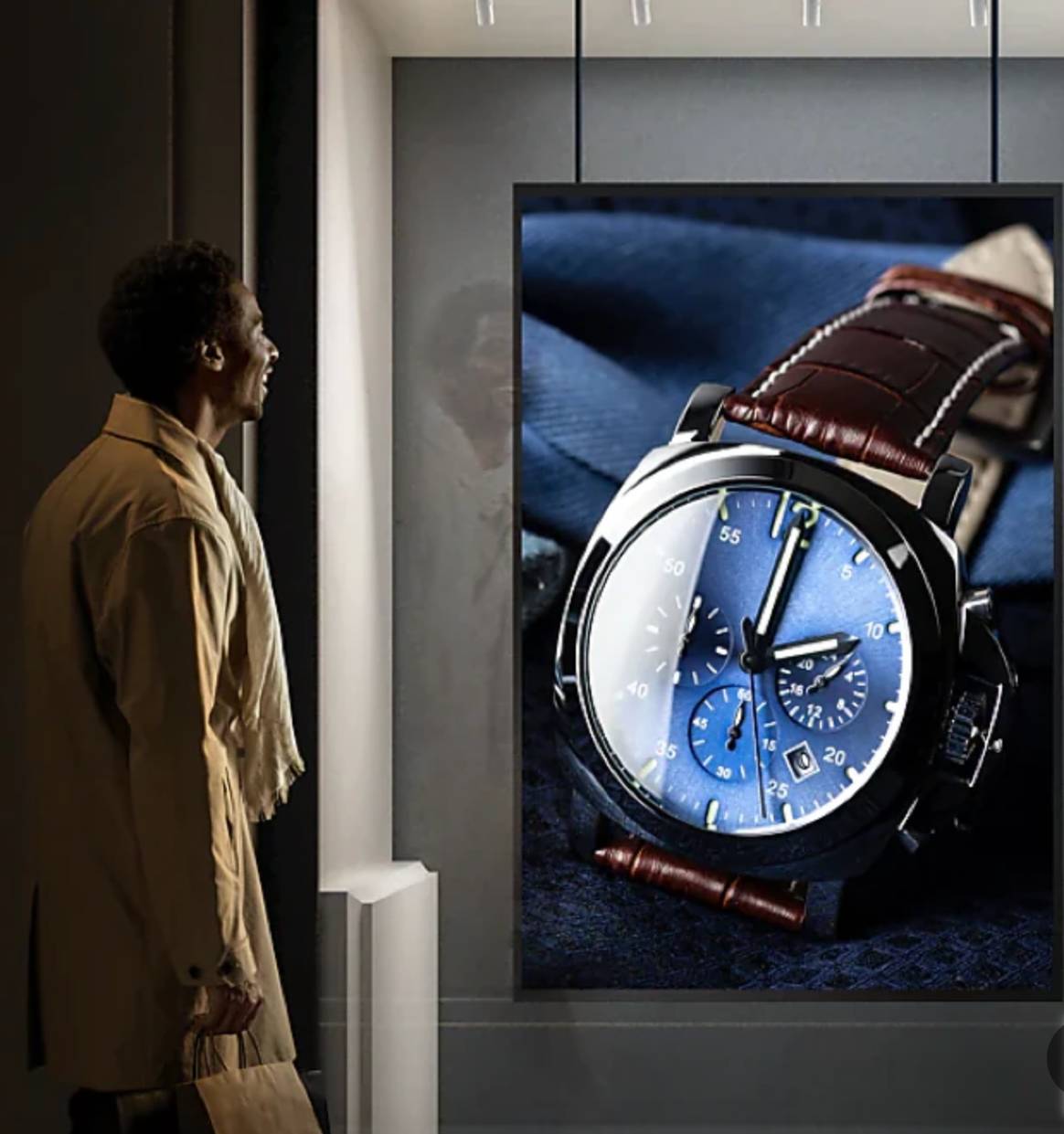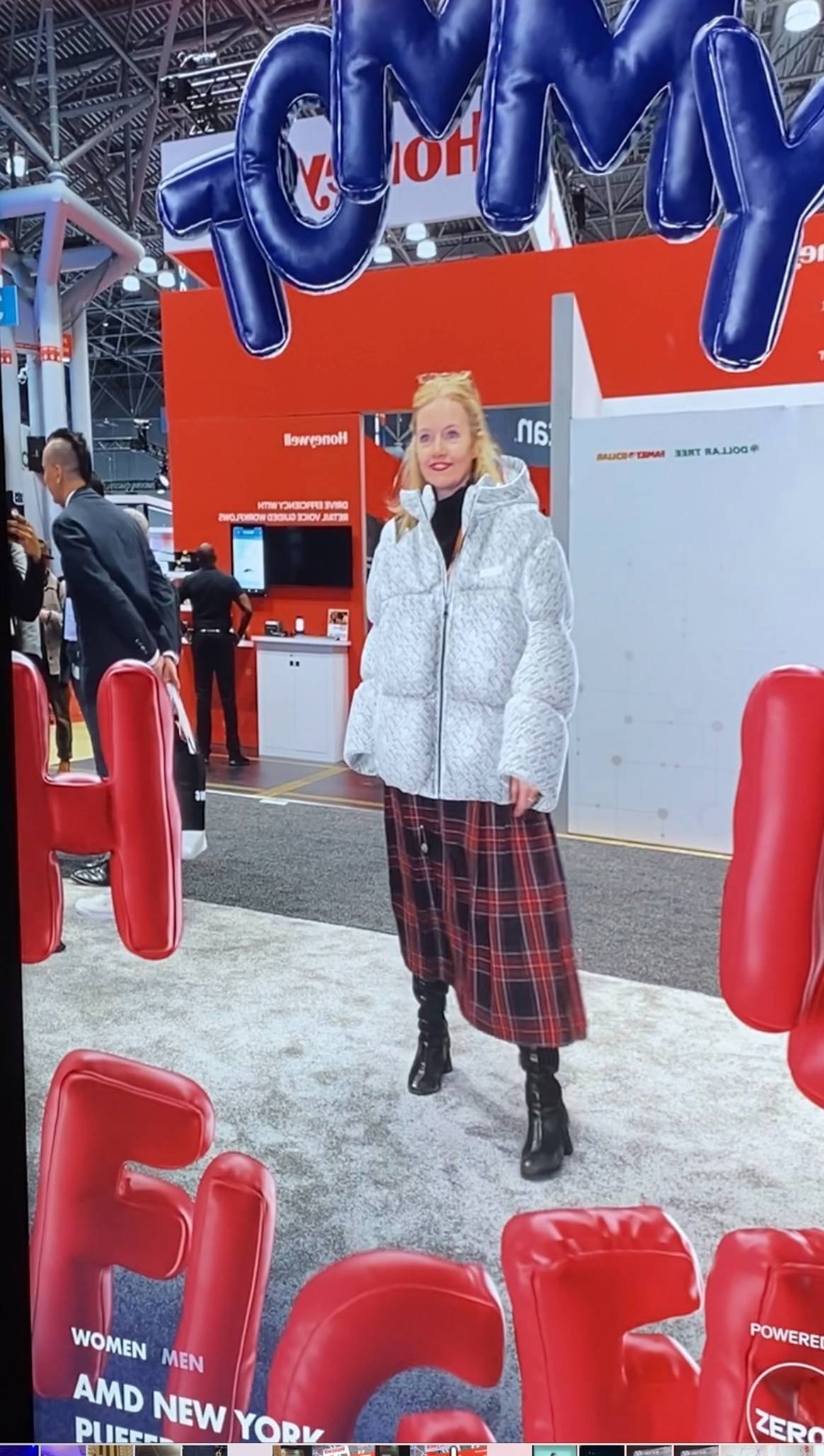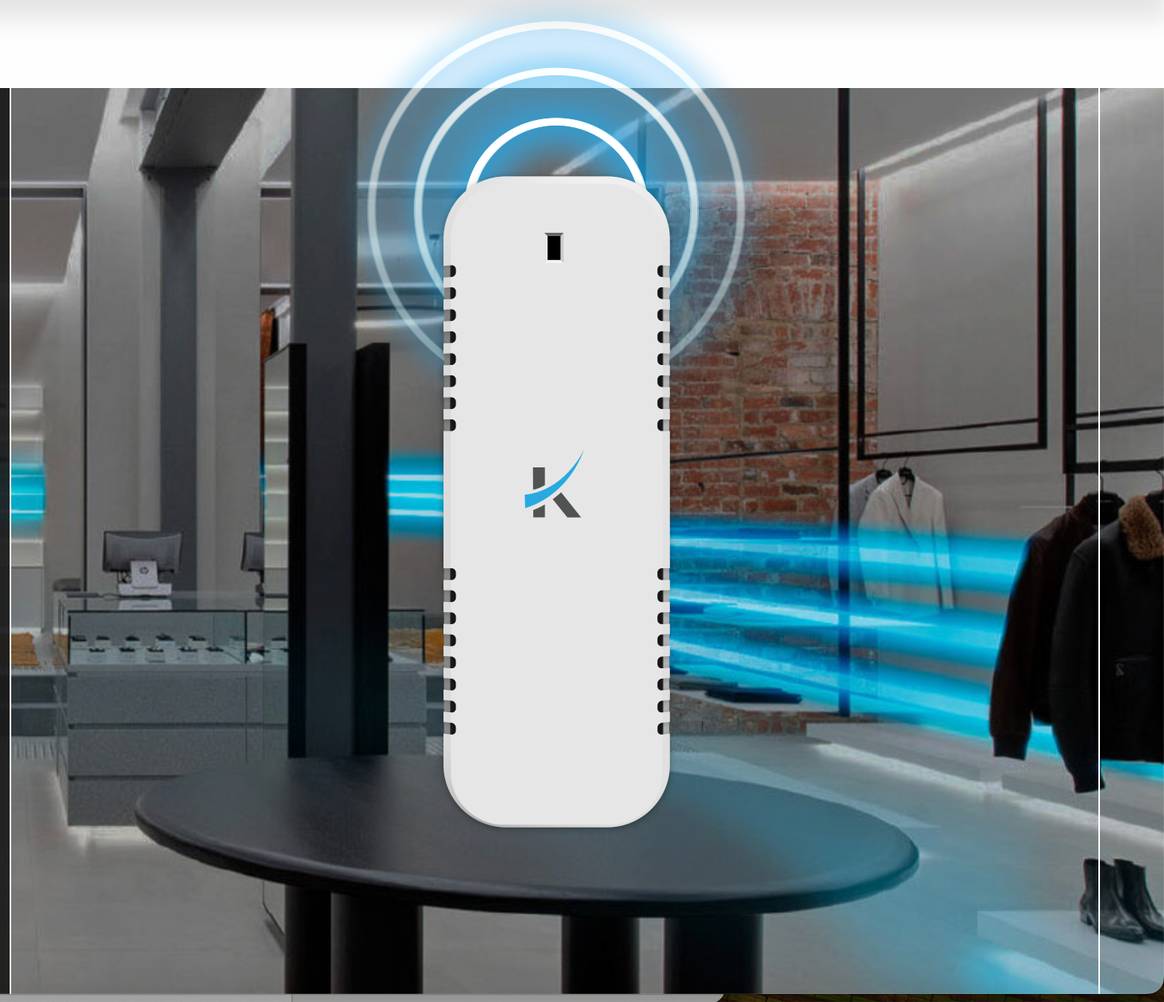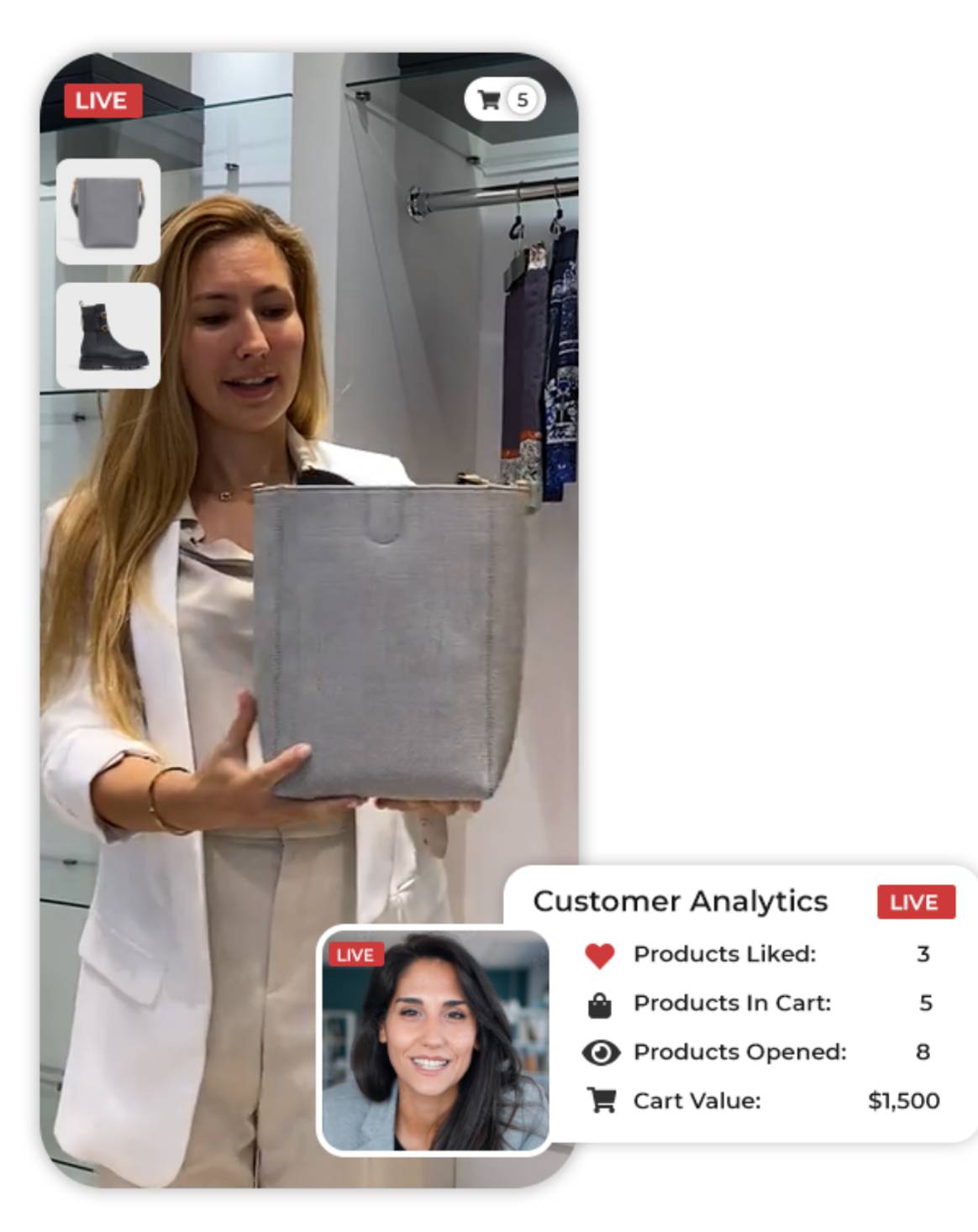Engaged in the clothing industry for 20 years.

The most exciting tech innovations from National Retail Federation’s 2024 expo
Coming to a store near you, the dynamic solutions that elicited the most excitement at this year’s expo will change how we shop, staff and even operate brick and mortar locations and e-commerce sites. Technology has been transforming the retail sector at warped speed even since last year’s NRF, and these innovations are set to become commonplace just as quickly. While iterations of some of the systems below have been around for a while, the models presented this week were second generation and updated with the latest AI bells and whistles in order to meet evolving customer expectation.

Retail Media
Is your digital signage underperforming? Samsung, whose technology serves Khloe Kardashian’s Good American brand among others, has developed in-store LED screens which can stand alone or be easily hung on the wall whose content changes depending on who stops in front of them. Through radio frequency from smart phones or earpods, the screen detects within milliseconds whether the customer is an individual or a family, where they linger in store and for how long, in order to deploy similar content thereby converting casual browsing into sales. A Dallas customer differs from an NYC one and the content is adapted to suit location, while screens can also be programmed to reflect viral social media conversations around the brand or relevant contemporary topics to engage the customer as well as build brand presence.

Virtual Mirror
“Immersion in the brand universe is the next stage of customer experience, and the possibilities are never-ending,” Frederique Liaigre, President of Verizon France and Managing Director for EMEA South & Benelux told FashionUnited. On the heels of last year’s buzzy launch of Proto, the remarkably realistic life-size holograms wearing the latest Burberry collection, Verizon debuted its Virtual Mirror at this year’s expo. Using augmented virtual reality, the digital mirror allows customers the opportunity to “try on” any item, even ones that are not in store, and offers customization options as creative and unique as the art direction from each of the luxury houses that Verizon counts as clients. For the expo Verizon was granted permission to use Tommy Hilfiger assets.
Alternatives to facial recognition
Pushback against facial recognition technology’s potential inbuilt biases has shifted the spotlight to companies such as Samsung, Kepler Analytics and Avery Dennison who have innovated alternatives that offer a seamless shopping experience. Radio Frequency Identification (RFID), used in self check-out at Uniqlo and Just Walk Out at Amazon, has been around for well over a decade but is now truly entering its fashion era. Michael Colarossi, vice president, innovation, product line management and sustainability, Apparel Solutions, at Avery Dennison told FashionUnited, “The apparel industry is by far the biggest adopter.” 40 percent of clients of Australian company Kepler Analytics are from the apparel industry, and include Speedo, Coach, Calvin Klein and Tiffany, all drawn to their tracking system which gathers no personal data, fits in a small mailable box and can be mounted in minutes under a counter. Powerful enough to track sidewalk foot traffic, the technology can also help retailers understand if window displays are eye-catching enough to entice customers into the store. Fun fact: The technology invented by founder David Mah in 2017 was originally designed to locate miners trapped in collapsed mines.

Flexibility for sales associates
No more squirming before a cantankerous boss to request time off. Simplifying and streamlining the chain of command, Zebra Technologies software empowers sales associates to clock in, change shifts, and book time off virtually without ever having to cross paths with a micromanaging supervisor and also allows them to complete their tasks and directives with autonomy and confidence. Meanwhile, the marketplace platform founded in 2021, Reflex, that connects store teams with flexible, experienced retail associates on demand, signed 30,000 workers in the past 12 months and works with Faherty, 7 For All Mankind and True Religion.

Chatbots have left the chat
Gone are the frustrating FAQ machines that were the chatbots of old. Tymely has developed AI reps that are indistinguishable from human agents even during the most complex queries, mimicking our mannerisms and behaviors over email, live chat or text. The result of shadowing human retail associates for several days to monitor authentic patterns of speech and response, these AI reps are set to significantly reduce labor costs. Parla Retail, on the other hand, facilitates authentic human connection for online shoppers by allowing the customer to jump on a video call with a sales associate who could be in another store, in a call center or even working from home.
New generation fashion labels
The UPC barcode, that series of black lines identifying retail products, turns 50 this year and, said Carrie Wilkie, Senior Vice President of Standards and Technology at GS 1, “No other retail technology has remained unchanged this long, nor should it!” Already in use at Puma, the GS 1 technology combines the QR and UPC codes to provide the customer with one point of information that contains supply chain data, care instructions, and ever-evolving brand storytelling while facilitating mobile check out. Wilkie told FashionUnited, “It’s all about empowering the consumer.”